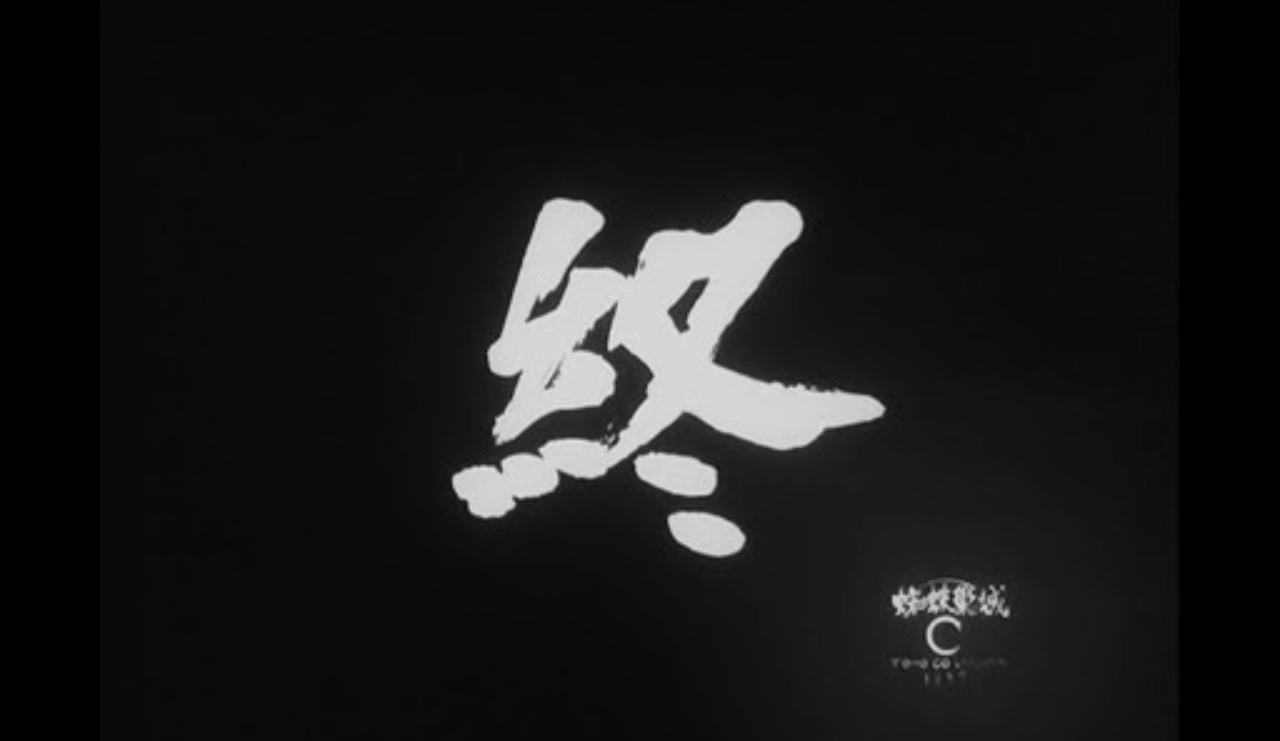In Australia the anarchist cookbook is a banned book. We only surprisingly recently unbanned books like 1984 and brave new world.
Under no circumstances should crabs be taught to read. There are consequences.
Rip Trevor Moore. He burned too bright for this world.
09 F9 11 02 9D 74 E3 5B D8 41 56 C5 63 56 88 C0
A cryptographic key for Blu-Rays. The MPAA used to send out C&Ds and DMCA takedowns left and right to hide this code.
Copyright is civil, not criminal. Oh but I guess the DMCA added some criminal elements…
I remember when this Streisanded hard on Digg. Good times.
“Pornography” was illegal to own. Things like abortion information or anything mentioning homosexuality was pornographic.
Literally some of the 34 things Trump was convicted of has to do with this!
Oh interesting, should I look up Trunp rule 34 for more information on this?
So it’s illegal, but nothing comes of getting convicted. No actual consequences.
Got it.
Only if you have money and/or power, tho. If you’re just some guy, you’re 100℅ fucked.
Having info on the heliocentric solar system could land you in a dungeon or worse back in the day.
I’d say classified documents if you don’t have the clearance and process to legally possess them
High level leaks of classified material is the first example that comes to mind. The raw Wikileaks data, for example, was widely accessible and easily found by anyone with a quick search, and yet possessing that material was technically illegal, because it was never declassified.
You’ve been banned from /r/warthunderforums
Julian Assange has something to say about this.
Edward Snowden has something to say about this.
Reality Winner has something to say about this.
Chelsea Manning has something to say about this.
Woodward and Bernstein had something to say about this.
No doubt. It being illegal doesn’t mean it wasn’t morally justified and right in most cases. Just means it took more courage and personal risk to do the right thing.
When the first DVD cracking util was released, DeCSS, it violated the DMCA and people were getting sued and threatened with felonies for sharing it. Very quickly people figured out loopholes to make it an archivable creative work, like putting it on tshirts and encoding it as a prime number: https://en.m.wikipedia.org/wiki/Illegal_prime
Damn, I came to post about the pirate pride flag but you beat me to it
I remember an mp3 going around where a guy turned it into a song, complete with the chorus, “I don’t like the DMCA.”
In the US it’s illegal to grow poppy if you know what it is
Only the opium poppy, Papaver somniferum. The rest are just fine.
The little seeds on bagels?
Yup
But…why are bagel seeds illegal to grow? And why aren’t bagel producers getting in legal trouble?
Similar to growing hemp instead of cannabis. Though I’m not that familiar with the specifics of different poppy strains
They can’t prove I know what it is tho. 😏
“What do you mean I had to know because I was making heroin? You mean my calming sleepy flower juice from those cool flowers I found?”
You need to use a razor to bleed the poppies for their latex, which is opium.
I’d say if you’re found with poppies that you’ve done this to then there’s a very good chance you knew what you were doing.
So much. I mean that’s what the book burning was all about. There’s blacklisted authors. There’s state secrets. It might be information that’s legal only for certain people. I mean, if we’re being pedantic, it’s illegal for you to have information about me if I’m not giving it to you.
child pornography would fit this description
KEVIN Birmingham’s new book about the long censorship fight over James Joyce’s Ulysses braids eight or nine good stories into one mighty strand.
It’s about women’s rights and heroic female editors, the First World War, anarchism and modernism, tenderness and syphilis, moral panic and about the Lost Generation and the tent it pitched at Sylvia Beach’s Paris bookstore. It isolates a great love story, that of Joyce and Nora Barnacle, one that comes with a finger-burning side order of some of the most cheerfully filthy correspondence in literary history.
https://www.scotsman.com/arts-and-culture/the-battle-to-publish-james-joyces-ulysses-1531186
And what a quest it was. “Ulysses” was illegal to own in most of the English-speaking world for more than a decade. It was banned, burned, debated, smuggled, and finally legalized following a 1933 court ruling. In Birmingham’s highly readable and erudite book, he infuses this story with drama, reminding us that the right to express oneself can never be taken for granted.
Readers will quickly realize the immense scope of “The Most Dangerous Book.” Modernism, obscenity, the power once held by postal authorities, vice squads, 19th century English law, Joyce’s sex life and health problems, The Lost Generation, early literary magazines, Wall Street lawyers, the suffrage movement, anarchy in America, and even the Enlightenment are all seamlessly woven into this most fascinating tapestry.
https://www.wbur.org/news/2014/06/13/kevin-birmingham-ulysses
For a while it was illegal to export Pretty Good Privacy, or PGP from the US.
FTP servers in the US removed it for fear of legal action.
So I imported it from a University in Scotland. 😉
Not just PGP, but any encryption strength above a certain level was considered “munitions” from a legal standpoint. Because of this, finding a windows Ssh client was a PITA for quite a while.
Wait does imply that other encryption is broken since what would it matter if you used encryption greater than something the government allowed you to
There was a limit on key strength at 40 bits. Americans were allowed 56 bits (OK, they didn’t really get the full 56 bits, but that is another story). The Electronic Frontier Foundation built “Deep Crack” in 1998, a custom machine that broke the 56 bit DES in two seconds, so it probably would have taken them 1/8 second to crack the 40 bit. This happened when the ban was still active.
This led to two movements: creative export and hosting of >40 bit algorithms outside the US, and development of better algorithms outside the US, like Rijndaal, SERPENT, IDEA, E2, and other non-US AES-candidates.
Nah, this was ages ago. I don’t remember the exact encryption strength, but it was pretty low, even by yesteryear standards. This was a remnant from the age when encryption basically meant cryptography was ruled by whichever government could find the biggest autistic savant.
I believe the encryption restrictions were relaxed in 1998.
However, certification for import/export of nuclear weapons and other dangerous goods was still needed for strong encryption (such as phone SIM cards) as recently as 2006. To get on that list of people who could legally transport SIM cards not for personal use over the US border, you needed the same background check and government clearance as someone transporting enriched uranium.












